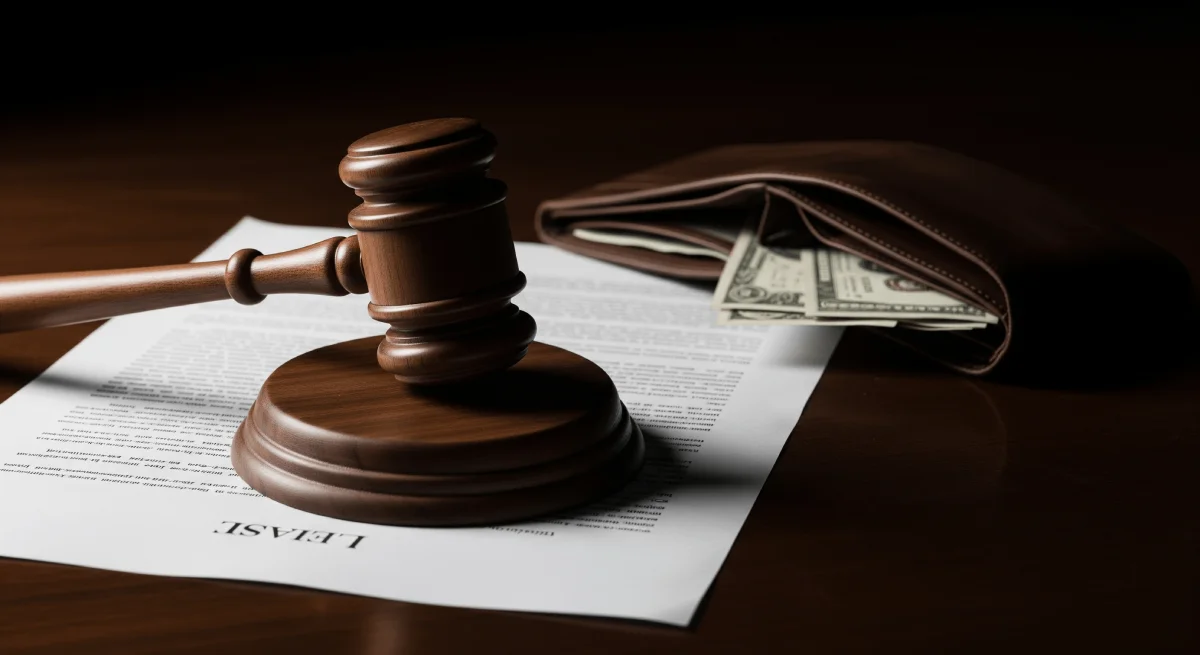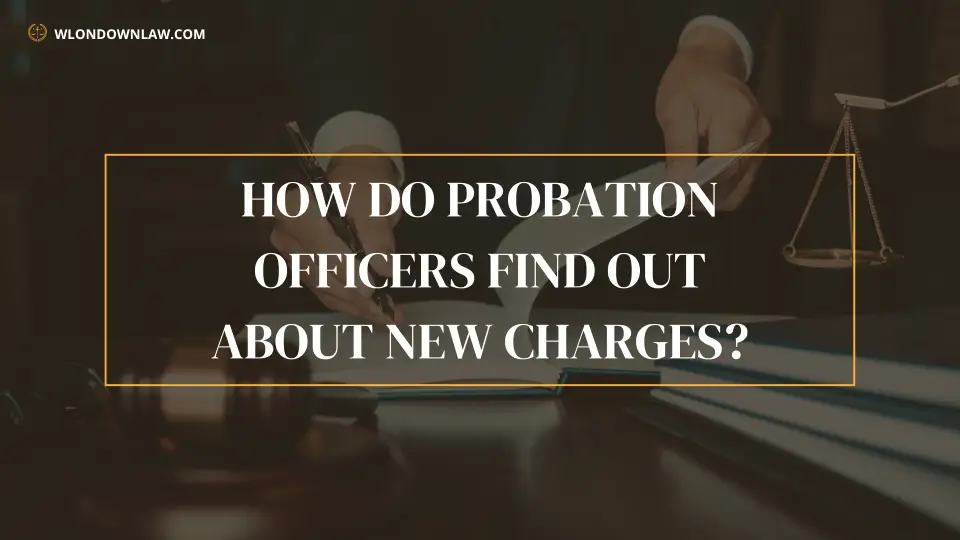Have you ever wondered, Do Probation Officers Verify Prescriptions? The answer is yes. Probation officers verify the prescriptions of the probationers that they are working with. It is a common misconception that prescription medications are safe, but this is not always the case.
Prescription medications can be dangerous if misused, which can be a problem for people with a second chance.
Probation officers often verify prescriptions for people on supervision. They usually do this by phone or in person. They are required to check to see if the prescription is for a controlled substance if it is a controlled substance, and if it is within the original duration of the original prescription.
If you are on probation and your prescription is being verified, be prepared to answer questions about your prescription in question. A lot of people wonder how prescription information is verified. This blog will give you the answers.
Do Probation Officers Verify Prescriptions? (Discussed)
If your doctor prescribes medication, you must bring the prescription to the drug testing facility and your probation officer. Then, a release will be required from you so that your probation officer may confirm the prescription. However, it is not as easy as just giving him a copy. Let’s look at and learn more about probation officers’ powers.
The Probation Officer’s Authorities
If a probation officer is supervising you, your probation officer has several authorities. The conditions of the probation and the local laws provide the probation officer their authority.
The offender is typically given a prohibition from using or possessing any controlled substances (legal substances like painkillers) without a prescription. At the probation officer’s request or at a substance abuse treatment center, the defendant must submit to a UA (urinalysis) frequently.
Many of the defendant’s constitutional rights are in play when information is obtained from doctors or pharmacies, and the defendant’s urine is used for testing.
The defendant is under the control of the probationary conditions, not independent physicians or pharmacists. The conditions of probation frequently call for the defendant to sign paperwork authorizing the probation officer to ask for the medical information required to confirm the defendant complies to get around these legal problems.
The defendant must freely consent, according to the order. (Hmm, sounds interesting. Willing consent that was ordered?”
If the probationer refuses, a violation of probation occurs. It is where the probation officer has the right to use any means necessary to get the information. For example, if the defendant is told that a UA will be conducted, and the defendant refuses, it may result in an arrest for being “willfully” in violation of probation.
The goal of prescription verification
- First, the defendant is prohibited from using controlled narcotics while on probation because doing so is against the law.
- Second, despite the efforts of the treatment providers to fight substance misuse addiction, defendants are known to use legal substances to get high. When a substance impairs a defendant, it is much simpler for them to avoid discussing the underlying causes of their addiction and desire to use it.
- Third, using prescription-only restricted medications is frequently a tactic used by defendants to hide the use of additional illegal substances. For instance, some substances—both legal and illicit—metabolize similarly and seem the same on a urinalysis. Probationers frequently go to tremendous pains to conceal the use of illicit drugs, including offering expired or even counterfeit prescriptions.
- The best strategy to keep the defendant on track is to immediately confirm the authenticity and existence of the prescription with the doctor’s office and the underlying diagnosis. The probation officer may go above and above to persuade the doctor to provide prescriptions for drugs that are either less addictive or wouldn’t mask the use of other illegal substances in cases of addiction or recurrent drug-related offenses. Many doctors will prescribe banned substances without knowing that their patients are on probation, addicted, or have a criminal past, including addiction.
- Fourth, long-term sobriety and abstinence may be impacted by medication dependence (even when done legitimately).
- Fifth, preventing substance usage benefits the entire community. All law enforcement, including probation officials, will take advantage of any legal chance to stop substance misuse because it is directly linked to both property crime and violence.
What happens if the probation officer learns the prescription is invalid?
The probation officer may have to verify the authenticity of the doctor’s office and the underlying diagnosis. The probation officer may ask the probationer to show their medical records and sign an affidavit stating the prescription was valid.
The probation officer should inform the doctor’s office that the probationer is on probation and that the probation officer has been told about the probation. If the doctor’s office refuses to provide the doctor’s name, the probation officer should tell the doctor’s office that they need to contact the court for permission to give out the doctor’s name.
It will enable the doctor’s office to notify the doctor to give the prescription to the probation officer instead.
If the probation officer discovers that the defendant is using controlled substances without a prescription, the probation officer has a few choices.
He can first speak with the offender about it and request that they provide the probation officer with all of the medication. They can talk about the defendant’s medical needs and determine whether they can be met by addressing those causes. (Or have the defendant visit a physician to obtain a legitimate prescription).
Second, he might report the defendant’s disregard for probationary requirements to the prosecutor’s office and the court. It could lead to a probation violation hearing (PV), at which the court will have the option of punishing the offender, altering the probation’s conditions, or revoking the probation and putting the offender in jail.
Third, the probation officer has the power to notify the defendant of a PV hearing as well as speak with the defendant and provide him assistance. The probation officer ultimately has a lot of latitude in violating the defendant.
The probation officer may decide to postpone pursuing a PV if the offender is prepared to meet, communicate, accept fault, participate in reforming, and make real progress.
Final Remarks
We hope you enjoyed our blog “Do Probation Officers Verify Prescriptions?” It can be difficult to know what to do when you are on probation and need to get a doctor’s note. We are here to help! With the tips provided in this blog post, you will feel confident in the steps you take to verify a doctor’s note. Thank you for reading. We would love to hear from you!


